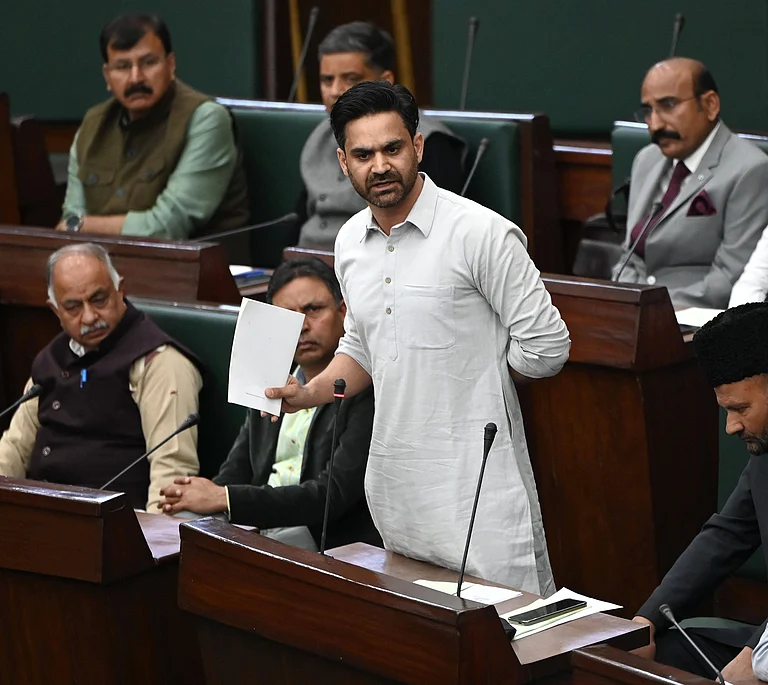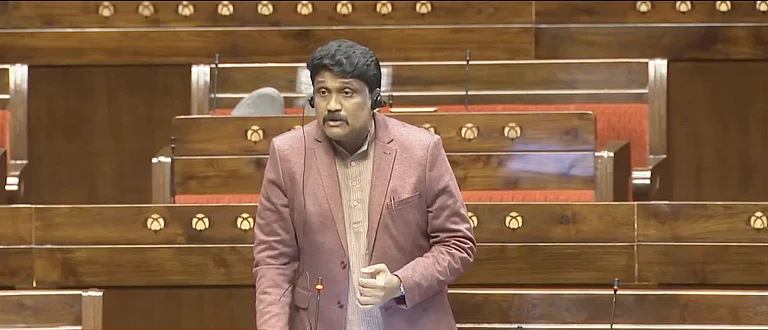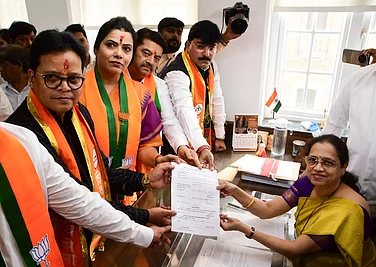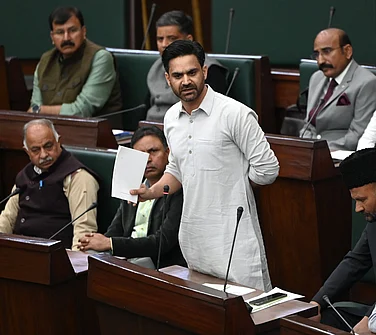The editor of a Delhi newspaper took the initiative to find out in what waythe new law had changed our lives in the first few days. A lengthy reportappeared in its Sunday edition which was an eye-opener. Obviously nothing hadchanged. The reporters found that even in the snack-stalls patronised by theemployees of the Union labour ministry and the social welfare ministry, juvenileservers were very much in evidence. The paper’s photographers corroborated itwith tell-tale pictures. The only difference that the reporters found was therewere no 12-year olds or 10-year olds. They all claimed they were 15 or 16 yearsof age although their voices and their hairless upper lips gave the truth away.
The other change they found was that they all were anxious about what wouldhappen to them if their employers turned them away. Where would they go? Theymay currently be victims of exploitation. But they had a place to stay, anaddress and a guardian. Above all, they had the satisfaction of being able tosend a money order home to their mother in their village. You have to read thereporters’ accounts of their conversations with these young earners to knowhow proud they were at being able to do something for their mother and youngerbrothers and sisters. Their fathers were either dead or given to drink. Onecould not help being impressed with these youngsters’ sense of responsibility.The new law would require that they be dismissed from their jobs. But thegovernment has made no alternative arrangements for their food, clothing andshelter. Is it right on the part of government to rob them of their honest meansof livelihood?
It would be different if these children were engaged in undesirableactivities like drug-peddling and pimping. Or hazardous ones like working infireworks factories or the asbestos industry. Then society would have somejustification for rescuing them even if it did not rehabilitate them. But asdomestic labour or shop hands they were doing honest work often beyond theirordinary endurance. Sometimes you will find in homes that girls as young aseight or 10 have been engaged to take care of an infant. It is a common sight tosee a lean little ayah moving around with a little Hercules riding on her waist,and while you will be wondering how to remonstrate with the hostess, she willtell you, "Isn’t she cute? Her mother works in our house as a maid. Thehusband is a good-for-nothing. There are four daughters. This is the youngest.The others have come of age and the mother is naturally worried about leavingthem at home or sending them to school. She takes them with her to the houseswhere she does sweeping and cleaning. In order to help her I told her to leavethe young daughter with us. She is a cheerful little thing. She stays with us.Do you know how bright she is at picking up English?"
The statute book is full of enactments undertaken to demonstrate that we arenot a benighted society. As long ago as the 1920s, the Harbilas Sarda Act waspassed fixing the minimum age for the marriage of girls at 14, and inindependent India it is 18 for girls and 21 for boys. Yet how many breaches dowe not see of this rule? The Child Labour (Prohibition and Regulation) Actitself was passed as long ago as 1986. It is now, 20 years later, that thesection banning the employment of children below 14 as domestic help and ineating places and the hospitality sector is coming into force.
According to a report in the Hindu, government estimates that thenumber of children engaged as domestic labour is around 185,000 and the numberworking in dhabas and hotels is around 70,000, but non-governmentalorganisations believe that the total is nearer 20 million, with one million inDelhi alone. A variation of 80 times is difficult to understand but theunofficial estimate would be nearer the mark. For wherever we turn we see a boypouring out tea or running with grubby glasses containing drinking water. Thenthere are the chaatwalas and the chanawalas, not to speak of thenewspaper hawkers and shoeshine boys.

The peril in having too many unenforced laws is thatsome policeman or law enforcer will exploit the loophole for making money orotherwise showing his authority. A boy hawking puffed rice roasted by hisgrandfather might be hauled up by a cop for not having a licence. He might evenbe arraigned as an under-aged employee coming under the mischief of the ChildLabour Act, whereas he is not an employee at all but a member of the familyentitled to be considered a partner. While it may be an offence to hire a childunder 14, there is no law, to the best of my understanding, that a boy under 14cannot earn a livelihood.
A shoeshine boy provides a ready example of entrepreneurship on the part ofsomeone lacking in age or wealth. Let us not discourage the spirit ofenterprise. It will be useful if some lawyers specialising in human rights caseslooked into the right of an urchin not to be deprived of the pride andsatisfaction of earning his own living and at the same time helping his mother.
H.Y. Sharada Prasad was adviser to Prime Ministers Indira Gandhi andRajiv Gandhi
























